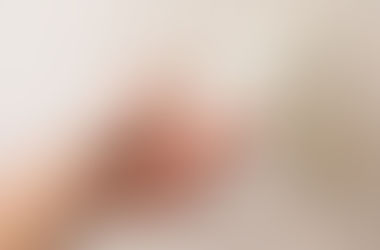Changing the Way the Beverage Industry Thinks About Sugar
- Feb 21, 2023
- 3 min read

Innovative beverage developers are changing liquid sugar specifications to reduce costs and to meet sustainability goals.
Over the past fifteen years, the dairy, cereal, savory, baking and some innovative beverage companies have made the switch to higher color liquid cane sugar.
Yet most of the beverage industry continues to require a color standard of 45 ICUMSA (nearly water white). To meet this standard significant energy and water are required to refine and process cane sugar. This adds both a “carbon cost” and a “dollar cost” to the ingredient for beverage producers.
The Sugaright process assures that critical parameters are addressed so there is no impact on finished product quality for the majority of beverages currently on the market.
Color
Water white, ICUMSA 45, refined cane sugar provides beverage developers a standard platform to build a clear beverage from. However, many beverages do not need this exceptionally white standard because of other color additives or juices that are added. Sugaright 150 and 350 is currently being used in teas, soft drinks, dairy based and juice-based beverage products produced by several large and small companies without impact on the finished product.
Flavor
Sugar flavor can have some slight variances depending on the source, from beet sugar’s sometimes earthy character, to raw cane sugar’s “brown” flavor. However, a refined sugar even as dark as Sugaright 350, would be considered neutral in most applications in beverage. Additionally, many of the flavors added to beverages mask these differences.

Physical Shelf Stability
Acid Beverage Floc and Alcohol Beverage Floc are both physical shelf stability issues that quality officials in alcohol beverage plants often evaluate. It is widely known that even “water white” sugar may cause a floc issue. Recent research indicates floc formation may be related to the harvest source and bacterial impingement on the raw cane juice. Because Sugaright is in a unique position to source our sugar and perform additional tests on our raw cane sugar, we can work with our beverage customers to help them ensure a shelf stable product in the market.

Microbiological Shelf Stability
Liquid sugar is already considered to be a minimum risk to the microbiological shelf stability of beverages because of the low water activity inherent in the product. Additionally, most beverages generally have preservation steps to ensure microbiological stability. Our process refines liquid sugar by stepping it through a series of activated carbon filters which removes microorganisms and other impurities.
Our plants operate under a strict GMP environments. Any inherent mesophiles, yeast and molds that may be present in the sugar are measured and our process is monitored to control these organisms. Therefore, Sugaright liquid sugar meets the microbiological specifications for stabilized carbonated beverages, beverage concentrates, and other fermented beverages*. For those companies making non-carbonated beverages (i.e., low acid, thermally processed, non-preserved, or aseptically processed beverages) that may be more sensitive to the thermotolerant yeasts, molds and other thermophilic bacteria, Sugaright has pasteurization capabilities at the outload of our liquid sugars and we work with customers to meet their requirements.

*Fermented and Distilled Beverages
A special segment of the beverages includes the fermented sugar products made by brewers, distillers, and kombucha makers. The resulting beverages have multiple processing steps that may include further filtering and additional flavoring, making these beverages exceptionally ripe for innovation with a less refined sugar like Sugaright 350 or 150 liquid sugar.

We will be at the International Sweetener Colloquium next week in Palm Springs, CA to answer any of your questions about How to Change the Way You Think About Sugar!
Contact us today!









































Comments